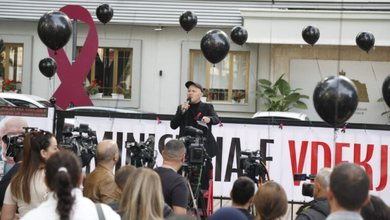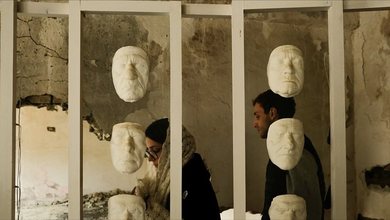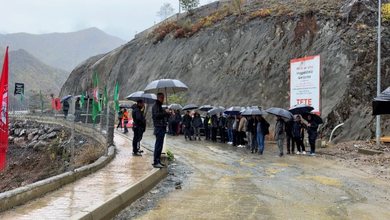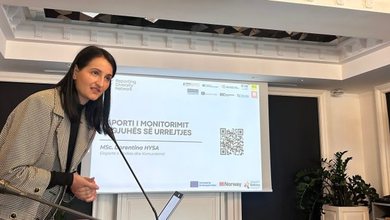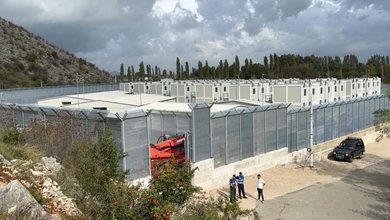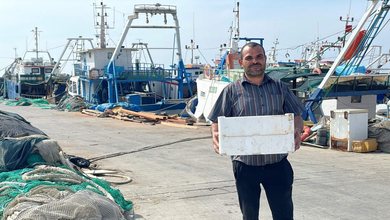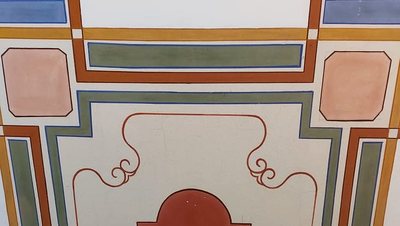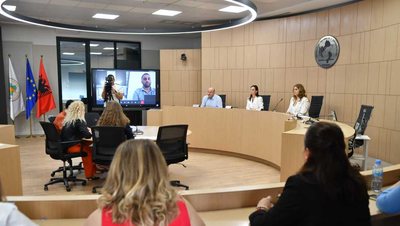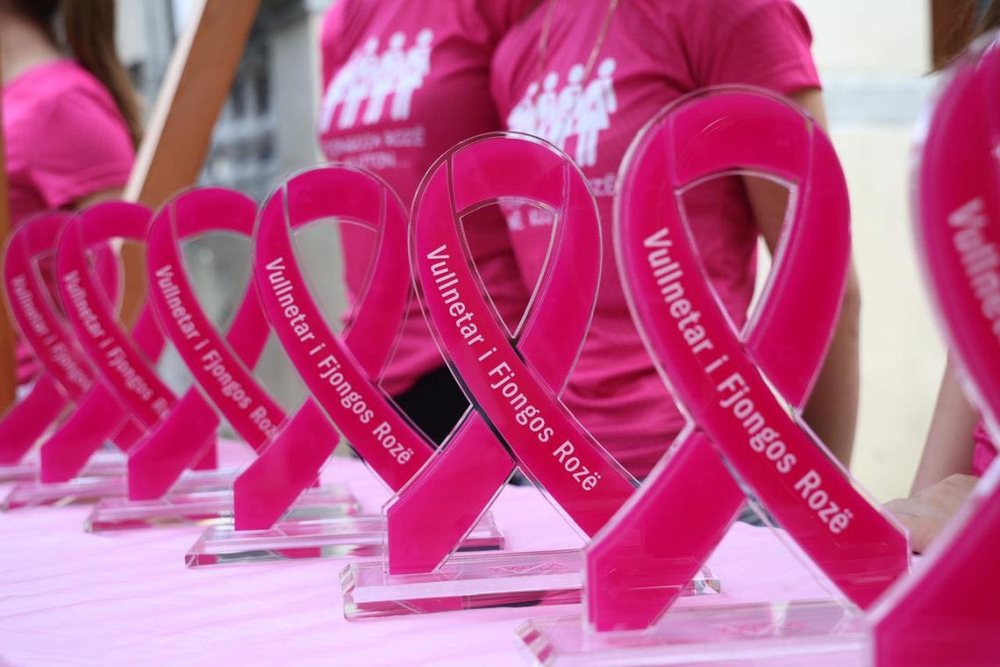
The fall of 2024 marked a difficult turning point in the life of Vera Loshi, a 56-year-old from Lezha Island. After several visits due to physical concerns, the diagnosis was definitive: breast cancer.
This was just the beginning of a double battle for Losh; one with the disease and one with a healthcare system that forces him to travel about 120 kilometers to receive vital treatment.
“Treating the disease has been a challenge and very expensive,” she tells BIRN. “I had to go to Tirana to have therapy sessions, as this service is not offered here at Lezha Hospital,” the woman added.
The mother of two considers herself lucky to have been diagnosed at an early stage. But after a year of treatment in Tirana, Loshi hopes that the regional hospital in Lezha will be able to offer this service as soon as possible.
"Initially, the hospital building was under reconstruction, but even now that the works have been completed, chemotherapy is not being performed because they say there is a missing piece of equipment. There are many women like my work who are suffering because of this situation, because it is a real nightmare to travel to Tirana to receive this service," she stressed.
The lack of chemotherapy treatment in regional hospitals is part of a systemic problem in Albanian healthcare, which reflects an extreme centralization of specialized services in Tirana. As BIRN has found in a series of investigations, patients from across the country are forced to undertake costly and exhausting journeys to the capital for vital treatments, while regional hospitals suffer from a lack of investment in equipment and specialized staff.
According to the director of the Lezha regional hospital, Leon Kaza, the chemotherapy unit opened two years ago only to close again.
"Due to the reconstruction that has been in process for a long time, the service has not been fully provided. We are currently completing the arrangement in all the wards and of course, chemotherapy will be restored to function," promised Kaza, adding that they were awaiting new equipment for "expanding and improving chemotherapy services."
In the Lezha region, the number of women affected by breast cancer is increasing. According to oncologist Bardha Gjoni, this year alone, about 30 new cases have been diagnosed through tests and biopsies.
“From my 25 years of experience, we see an increase in cases every year. Compared to 15 years ago, there is a doubling of women affected,” Gjoni told BIRN.
She adds that the fact that most cases are diagnosed at advanced stages remains problematic. "There needs to be greater awareness among women and girls to undergo check-ups at least once a year, so that the disease can be caught in time and cured," she appeals.
According to Afërdita Gjoni, a women's rights activist in the Lezha region, despite the significant increase in awareness over the past few years, especially in the month of October, much work is still needed.
Gjoni explains that the prevalence of breast cancer among women in the Lezha region is slightly higher than the national average, while appealing that primary care should play a key role in encouraging women to undergo periodic check-ups. She also emphasizes that their treatment should be improved.
"Women who face this disease often face difficulties in seeking treatment, due to financial constraints. There should be more attention to providing these patients with services as close to their place of residence as possible and without financial costs," said Gjoni.
One of the patients, newly diagnosed with breast cancer, told BIRN on condition of anonymity that she is forced to travel up to four times a week to Tirana to receive treatment.
"In addition to the fatigue and stress that has been created for me, the trip also has a cost that is unbearable for me. I have been forced to take out a loan to deal with the illness, as I do not have the financial means," said the woman, adding: "It is absurd that this service is not offered in Lezha." /BIRN/


